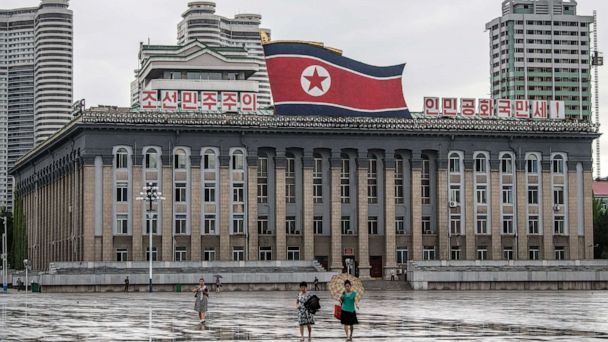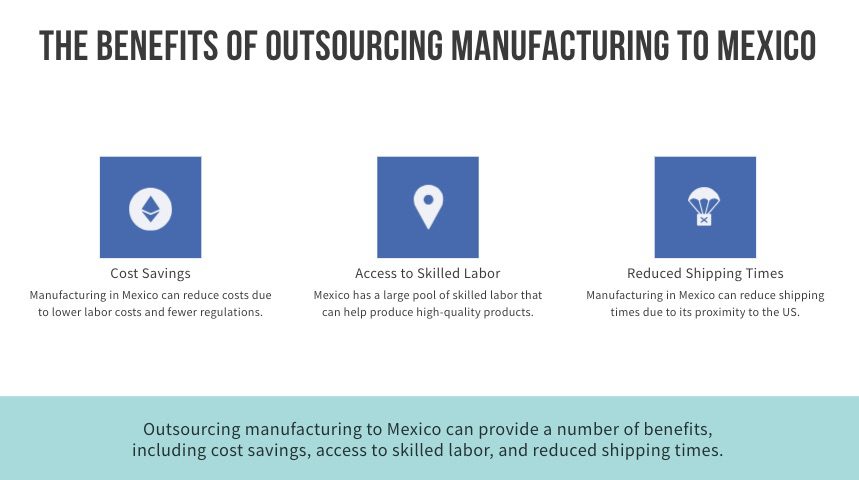Last Updated on July 11, 2023
Have you ever wondered about the origin of your clothing? In today's interconnected world, global supply chains make it difficult to trace a product's journey from its manufacturing origin to your wardrobe. One such phenomenon is clothing labeling deception. This article delves into an intriguing revelation: the possibility that your 'Made in China' apparel might actually originate from North Korea. Join us on a journey of discovery as we uncover the complexities of the textile industry. We will shed light on the hidden truths behind your wardrobe.

The Intricacies of the Textile Industry
The textile industry is a global giant, with numerous countries contributing to its massive production capacity. China has long been recognized as a dominant player, renowned for its manufacturing capabilities and cost-effectiveness. However, amidst this vast network of production, a startling reality has emerged. Reports suggest that North Korea, a nation typically associated with political controversies, has been actively involved in the textile trade. This revelation has raised questions about the true origin of 'Made in China' apparel.
The Chinese-North Korean Connection
The Chinese-North Korean connection in the textile industry is a complex web that is often difficult to decipher. China, as a manufacturing powerhouse, has established trade links with various nations, including North Korea. These ties extend beyond political alliances and spill into the textile sector. North Korean workers are reportedly employed in Chinese factories, working under harsh conditions and with minimal pay. The garments produced by these workers are then exported to different parts of the world, often labeled 'Made in China.'
Uncovering the Deception
Clothing labeling poses a significant challenge for consumers seeking transparency in their purchases. 'Made in China' has become synonymous with affordability and availability, leading consumers to overlook the true origins of their garments. This raises concerns about ethical manufacturing practices and human rights violations. The exploitation of North Korean workers and their involvement in the textile trade highlights a darker side of the fashion industry. This has remained hidden for far too long.
Traders and businesses in Dandong, located just across the Yalu River from North Korea, told Reuters that Chinese companies are taking advantage of cheap labor across the border. The Chinese suppliers send fabrics and materials to North Korean factories, where employees assemble and export the finished products to Chinese ports, from which they go all over the world.
Your 'Made in China' Apparel Might Actually Be From North Korea
The Impact on Consumers
The revelation that your 'Made in China' apparel might actually originate from North Korea carries significant implications for consumers. Many individuals unknowingly contribute to North Korean workers' exploitation by purchasing these garments. As conscious consumers, it is essential to know the true origin of the products we buy. It is also essential to support companies that prioritize ethical sourcing and manufacturing practices. By making informed choices, we can contribute to a more sustainable and responsible fashion industry.
The Need for Transparency
In a world where supply chains span multiple countries, transparency becomes crucial. Consumers have the right to know the true origin of the products they purchase, enabling them to make informed decisions aligned with their values. Companies must take responsibility for ensuring transparency throughout their supply chains, from sourcing raw materials to manufacturing processes. By implementing rigorous standards and conducting thorough audits, businesses can provide consumers with the assurance they need.
Why Choose Mexico: A Safer Option in the Face of Deceptive Manufacturing
The recent revelation that Chinese apparel might actually be manufactured in North Korea serves as a powerful reminder of the risks involved in global supply chains. This discovery underscores the importance of seeking trustworthy manufacturing alternatives, such as Mexico. By opting for Mexican apparel production, consumers can mitigate the potential ethical concerns and uncertainties associated with deceptive practices. Mexico has gained recognition for its commitment to fair labor standards and compliance with international regulations. By shifting production to Mexico, consumers can support companies that prioritize transparency, ethical manufacturing, and fair treatment of workers. Choosing Mexican-made apparel not only promotes responsible sourcing but also helps in avoiding inadvertent support of questionable practices elsewhere. With its emphasis on transparency and responsible manufacturing, Mexico emerges as a reliable and safer option for those seeking genuine and ethically produced apparel.

Conclusion
The discovery that your 'Made in China' apparel might actually come from North Korea is a stark reminder of the complexities and hidden truths within the textile industry. As consumers, we have the power to drive change by demanding transparency, supporting ethical practices, and making conscious purchasing decisions. By uncovering the realities behind our clothing, we can pave the way for a more responsible and sustainable fashion industry.
FAQs on Deceptive Chinese Manufacturing Practices
1. How can I determine the true origin of my clothing?
Determining the true origin of clothing can be challenging. Look for brands that prioritize transparency and provide detailed information about their supply chains. Additionally, independent certifications and labels such as Fair Trade or Responsible Sourcing can help identify ethical brands.
2. Are all 'Made in China' garments from North Korea?
Not all 'Made in China' garments originate from North Korea. However, the presence of North Korean workers in Chinese factories highlights the need for transparency and ethical manufacturing practices throughout the fashion industry.
3. What can consumers do to support ethical fashion?
Consumers can support ethical fashion by researching brands, choosing companies with transparent supply chains, and prioritizing sustainability and fair labor practices. Additionally, consider buying second-hand clothing, which reduces the demand for new production.
4. How can businesses ensure transparency in their supply chains?
Businesses can ensure transparency in their supply chains by conducting thorough audits, collaborating with suppliers to improve practices, and adopting independent certifications. Implementing traceability systems and engaging in open communication with consumers are also effective measures.
5. Why is it important to support ethical fashion?
Supporting ethical fashion promotes fair working conditions, protects human rights, and contributes to a more sustainable environment. By choosing ethically-made clothing, consumers play a crucial role in driving positive change within the fashion industry.
About NovaLink
As a manufacturer in Mexico, NovaLink employs a unique approach that transcends the traditional model of shelter production. More than just the location of your manufacturing, we would like to become a partner in your manufacturing in Mexico. You will be able to relocate or initiate manufacturing for your company in Mexico in a low-cost labor environment with very little delay or up-front costs. Find out how we can help you by handling the manufacturing process.
There are NovaLink facilities in the border cities of Brownsville, Texas, Matamoros, Mexico, and Saltillo, Mexico.